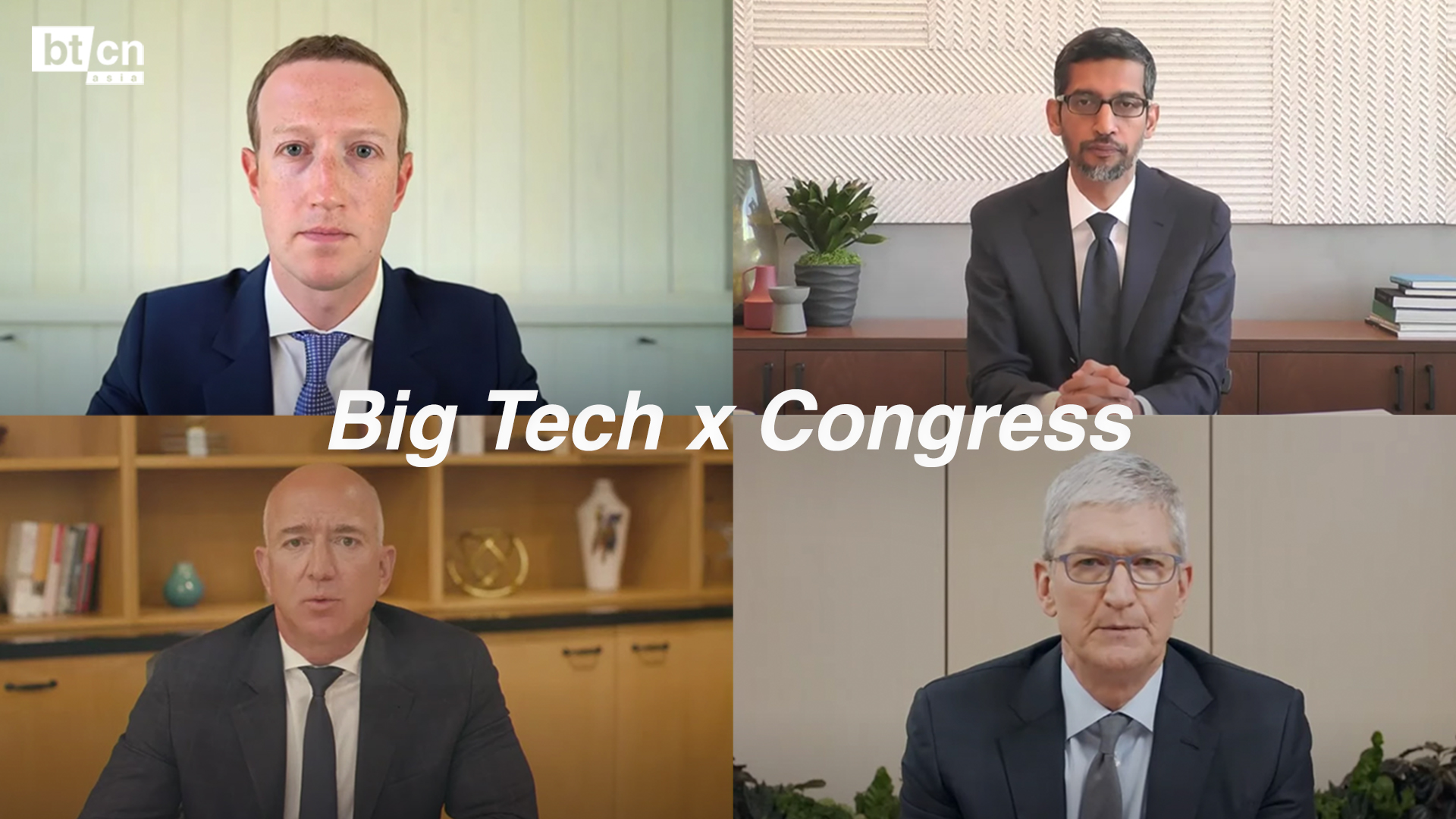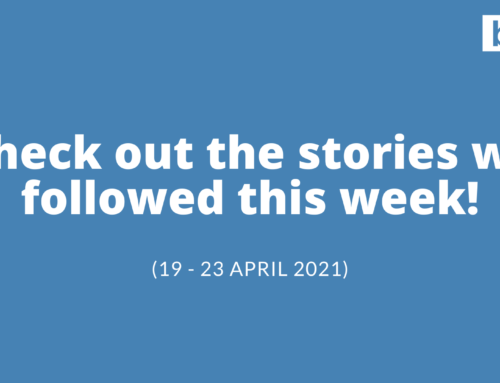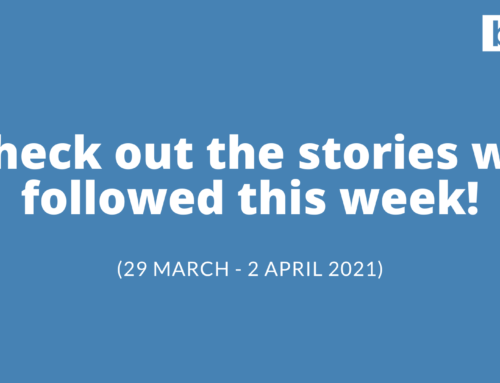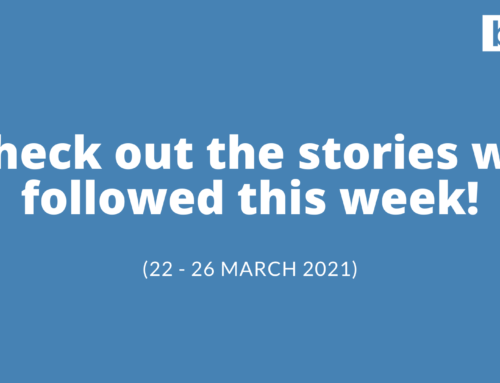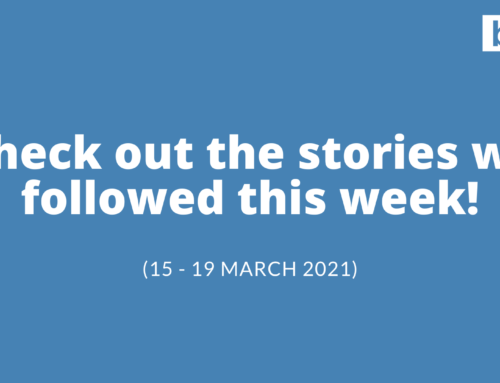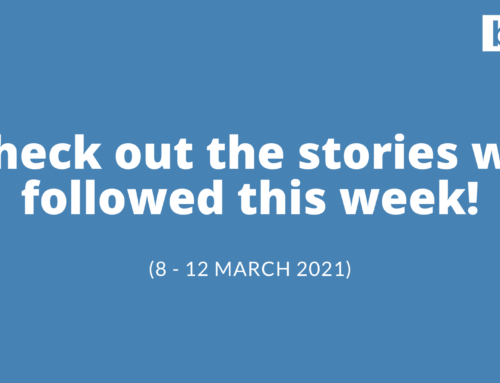Downturn Déjà-vu
If 2020 has reminded us of anything – and we say reminded, not taught because we’ve already been taught this lesson before and seem to frequently forget it – it’s the undeniable truth that the stock market is not the economy. No matter how optimistically we want it to be, it simply isn’t.
The absolute proof being while the global economy has stalled, the market’s select echelon of super-cap tech giants have seen unprecedented prosperity. Living proof of which is Amazon’s and Apple’s stock prices having increased 48% from lows in March, while Facebook’s seen a 45% jump, followed by Alphabet’s 33% rise.
Compare that with almost any other metric, and it’s undeniable.
It’s not Industry 4.0 (yet)
If the reverse were true, and Big Tech was the economy it would mean we’re already living in Industry 4.0, which we know we aren’t. Unless of course, Industry 4.0 automatically was accompanied by >20% unemployment, and all the food insecurity, political instability, and reduced quality-of-life that comes with huge economic dislocation. But that’s another matter altogether.
During these unprecedented times, Big Tech has been one of the few (if only), real success stories. But as they say, there’s two sides to every story.
On one side, Big Tech has stepped into sudden chasm created by Covid. Facilitating everything from our now-ubiquitous reliance on B-2-B video conferencing, to the e-commerce that’s keeping locked-down societies fed, informed, and frankly able to continue functioning.
Essentially the market’s infatuation with super-cap Big Tech’s is a direct reflection of the everyone’s search for anything optimistic to latch on to. And on the surface, everything in the story reads great – with these companies and their neo-Captains of Industry, piloting the world through its difficult, Covid-driven transition into Industry 4.0.
On the other side, simply put if the couple key, super-cap tech firms are big enough to artificially prop up the entire stock market despite everything that’s happened – is that tangible proof of their simply being too big (for our own good)?
Which speaks directly to a rapidly growing, existential fear among regulators, economists, and many average citizens, everywhere. Not just asking if Big Tech is too big, but as Sub-Committee Chair, David Cicilline put it “ [if Big Tech’s] ability to dictate terms, call the shots, upend entire sectors, and inspire fear, represent the powers of a private government”, means we are entering an era of a shadow government. Which as an idea, sound disturbing Orwellian, but in practice may look very different.
The Basics of the Hearing
Enter the House Judiciary Sub-Committee, and last Wednesday’s testimony by four of the five biggest tech CEOs: Jeff Bezos, Tim Cook, Sundar Pichai, and Mark Zuckerberg.
While there’s far too much to unpack from 5-hour hearing, in a single blog post – the central question was ostensibly, are the tech giants simply too big?
But as the hearing proved, the problem is the factors that would inform any decision (by Congressional regulators) on that question are so vastly varied, that we’re essentially trying to address literally dozens of underlying quandaries, any one of which may or may not be an individual indicator of a monopoly, and several of which combined, certainly are.
What are the monopolistic standards for a hardware maker vs. an aggregator? Or a virtual marketplace dealing in actual goods vs. one dealing in digital goods based purely on original IP, like apps? How do we measure if a particular company is controlling too much of the flow of news and communications, thereby becoming an informational monopoly? Is it based purely on its sheer number of anecdotal eyeballs? Or is it more accurate to base it on revenue as a function of its market share? If so, then how do you measure and then regulate that, across very different types of companies?
And these are just a few of the broader questions.
No Consensus in Congress
The broad congressional position during the Committee hearing could be summarised by the Sub-Committee Chair, Rhode Island Democrat, David Cicilline, saying “… any single action by one of these companies can affect hundreds of millions of us in profound and lasting ways. Simply put – they have too much power.”
Same-Same But Different
The overwhelming position among the Committee’s Democrats was further outlined by Cicilline, saying “Their ability to dictate terms, call the shots, upend entire sectors, and inspire fear represent the powers of a private government… Our founders would not bow before a king. Nor should we bow before the emperors of the online economy.”
The Democrats
The overwhelming position among the committee’s Democrats was further outlined by Cicilline, saying:
“Their ability to dictate terms, call the shots, upend entire sectors, and inspire fear represent the powers of a private government… Our founders would not bow before a king. Nor should we bow before the emperors of the online economy.”
The Republicans
While Committee Republicans took an arguably softer approach, widely adhered to the GOP’s traditional twin pillars of free market and deregulation, with ranking Member, Wisconsin Republican, James Sensenbrenner echoing the traditionally Republican position against tighter regulation, saying “Big isn’t inherently bad, quite the opposite. In America you should be rewarded for success… Our witnesses have taken ideas born out of a dorm room, a garage. You have enjoyed the freedom to succeed. I do not believe big is necessarily bad. In fact, big is often a force for good.
We’re here to better understand your role your companies have in the digital marketplace and importantly the effect they have on consumers and the public at large.”
With Ohio Republican, Jim Jordan going on to outline what many in his party feel is the real problem with Big Tech, saying “I’ll just cut to the chase, Big Tech’s out to get conservatives.” Echoing a claim frequently made, but largely unproven assertion by US conservatives based on the assumption that Silicon Valley is predominately liberal-leaning.
A House Divided
Leaving us to ask the potentially biggest question of all – what action if any can Congress hope to take, when the battle lines on the question of anti-trust itself, are drawn largely along increasingly, non-compatible ideological lines?
Where do we go from here?
So with no consensus on the Committee itself, perhaps it’s best to look for individual bits of clarity from each CEO’s testimony.
Join us all this week, as we try to dive into the details in our latest, daily series featuring key takeaways from each of the four CEO’s testimonies, featuring Facebook on Tuesday, Amazon on Wednesday, Alphabet on Thursday, and Apple on Friday.

